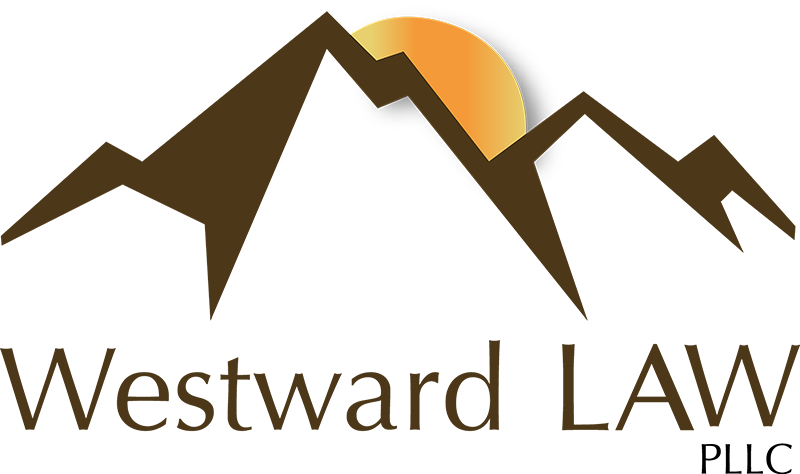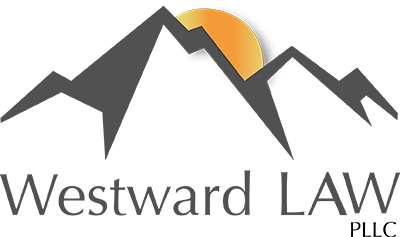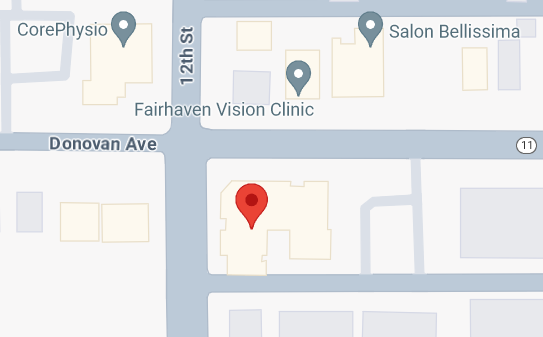What to choose? Chapter 7 or Chapter 13?
Sometimes it is hard to figure out whether you should file a Chapter 7 Bankruptcy or a Chapter 13 Bankruptcy. Today, I’ll be talking about a quick way to think about it so you’ll have a better idea about this important decision and a starting point to begin discussing this with a Mount Vernon Bankruptcy Attorney.
Disposable Income
Basically, your answer is in the “disposable income” you have left over (or that you don’t) at the end of the month. You may have heard the term “disposable income” before. This generally refers to the amount of money you have left over at the end of the month after you pay all of your bills and take care of all of your necessary expenses. In the bankruptcy context, it is a little more strict.
Because you will likely be getting rid of all or most of your unsecured debts after a bankruptcy, you have to think of disposable income as the amount you have left over after you’ve paid all of your reasonably necessary expenses. These are the things that we need to live and work every day, week, month, and year. You need to eat, and you need a roof over your head. You need to drive so you can work, and you need to take care of your kids and family. You need your car insurance and you need to take care of yourself and your family medically. There are many more areas of necessary expense, but these are the basic ones. You even would throw in the car payment because you have to have a car, and you have to put gas in it, and you need to take car of it. For bankruptcy purposes, you would not add in any of the credit card bills, or payments to creditors that you are going to discharge in the Chapter 7 or Chapter 13 bankruptcy.
Chapter 13
When you arrive at the “disposable income” number, it is really as simple as this: If its a positive number, then you may be in line for a Chapter 13 bankruptcy. This is because it looks like you can afford to pay at least something to all of your unsecured creditors. You just can’t afford to pay them all. You are in need of the power of the bankruptcy court to help you keep the creditors in line while we work out a payment plan for you. The creditors will get something, but they generally will not get all of the unpaid balance owed to them before the bankruptcy.
Chapter 7
If the disposable income is negative, meaning you have nothing left over at the end of the month, then you may be a candidate for a Chapter 7 bankruptcy instead of (or maybe in addition to) a Chapter 13 bankruptcy. To qualify for a Chapter 7, you generally have to have almost no excess income at the end of the month after you’ve paid for your necessary living expenses. If you are close, then you will definitely benefit from talking to a bankruptcy attorney. There are ways to get into a Chapter 7 by passing the Means Test, but this is difficult and therefore a topic for another day.
If you’d like to schedule time to discuss this with a bankruptcy attorney, press here or call us at (360) 899-5468.
I love helping people with bankruptcy so much, that I even allow folks to schedule time with me by phone. Just make sure you are local and you are seriously thinking about bankruptcy.
If you’d like to keep learning more about bankruptcy, click here.


